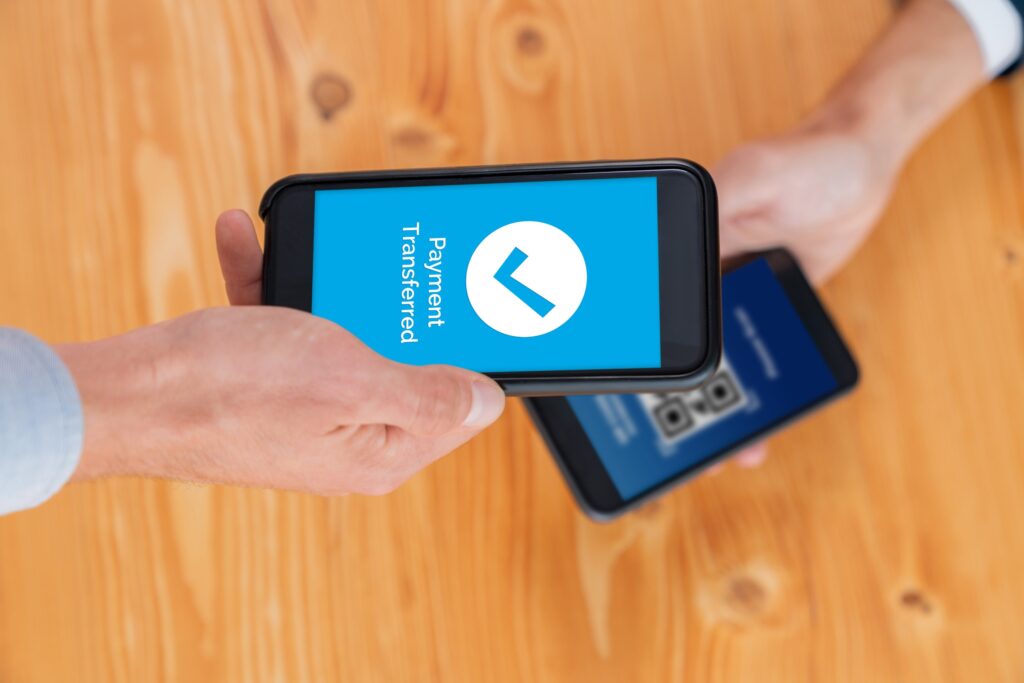The IRS has announced it is delaying the new $600 Form 1099-K reporting threshold requirement for third-party payment organizations for tax year 2023 and is planning a threshold of $5,000 for 2024 to phase in the new law. Digital payment platforms affected include Venmo, PayPal, eBay, and other payment apps and online marketplaces.
“This phased-in approach will allow the agency to review its operational processes to better address taxpayer and stakeholder concerns,” the IRS states. The agency wants taxpayers to be aware that:
- Companies can still issue the form for any amount, even if it’s below these thresholds.
- The higher threshold does not affect the actual tax law to report income on your tax return. All income, no matter the amount, is taxable unless it’s excluded by law whether a Form 1099-K is sent or not.
- Taxpayers who receive a Form 1099-K should review the forms, determine if the amount is correct, and determine any deductible expenses associated with the payment they may be able to claim when they file their taxes (such as selling a personal item at a loss).
“[A recent] survey found that, as a result of these proposed changes, 83% of marketplaces anticipate sellers to leave their platforms, and a majority (55%) of marketplace sellers and gig workers are reconsidering online selling and on-demand work. The survey also revealed a disconnect in 1099-K readiness, with nearly all (90%) marketplaces queried believing sellers on their platform are prepared for changes, compared to 51% of marketplace sellers reporting readiness to comply with proposed rule changes,” states CPA Practice Advisor’s Isaac M. O’Bannon, adding that accounting firms will be called in more often to help navigate the process on either side. About 42% of the app and marketplace companies themselves will outsource the forms to their accounting firms, while 46% of sellers will rely on their bookkeeper, tax professional, or accountant to manage the proposed 1099-K rules.
If you’ve been using these apps or marketplaces to collect or generate business income and are following tax codes, you’re likely already paying those taxes. This will only add an additional layer of crosschecking for both you and the IRS.
As NerdWallet’s Tina Orem and Bella Avila explain here, anybody who accepts payments from credit cards or third-party payment networks such as PayPal or Venmo might receive a 1099-K. It doesn’t necessarily mean you owe those taxes, but it does mean the IRS knows you received that money (so you’d better have a reason to omit it from business income). You may receive another form, such as a 1099-NEC from a client, that also reflects those same funds (or portions of it). Don’t double-report that income. Feel free to contact uswith questions.
Image Copyright: pitinan


